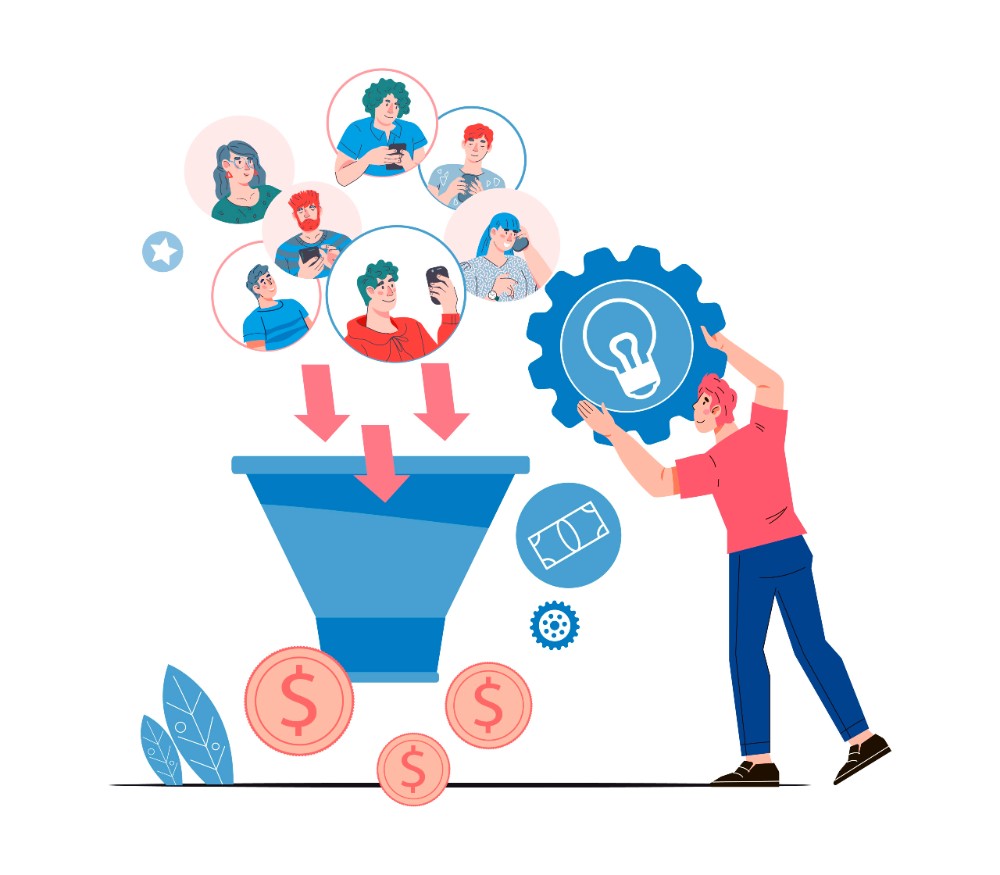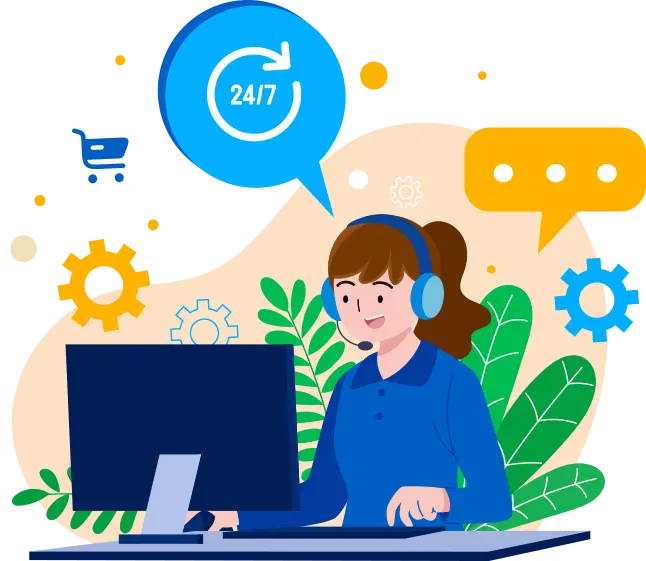While social networks and digital platforms are increasingly closing their ecosystems to lock down business models, Human Resources must move in the opposite direction. The future of work is about transparency, interconnection, and simplicity.
Tomorrow’s work requires systems that communicate
One truth stands out: the core of a great HR experience is fluidity.
Recruiting, paying, retaining, and supporting talent can no longer be reduced to isolated processes. Payroll, accounting, talent management, performance reviews, and legal compliance are all interdependent building blocks.
Today, every company builds its own “HR stack”: payroll software, accounting solutions, learning platforms, employee engagement tools… But if these systems don’t communicate with each other, the experience quickly becomes a headache. Employees encounter friction, HR teams lose time, and finance departments lack visibility.
The conclusion is simple: systems must talk to each other, or the entire ecosystem suffers.
From closed platforms to open ecosystems
The traditional approach was to lock customers into proprietary software suites, where each module was supposed to cover all needs. But in reality, companies have specific requirements that evolve quickly and differ depending on their sector, culture, and market.
The future belongs to those who build open ecosystems:
- Platforms capable of integrating with an unlimited range of HR and financial tools.
- APIs that are simple, open, and well-documented, allowing each company to adapt the solution to its own reality.
- Automated workflows, where onboarding, payroll, and compliance can be connected in just a few clicks to performance, benefits, or accounting tools.
With this approach, HR is no longer just an administrative function it becomes a strategic hub, interconnected with the rest of the organization.
Towards a new employee experience
What does this change in practice?
- For employees: a seamless integration, where contracts, payroll, benefits, and access to tools are managed automatically from day one. No more filling out five forms or waiting three weeks for access to the right software.
- For HR managers: global, real-time visibility on salaries, benefits, performance, and engagement. They no longer suffer from technology they control it.
- For finance leaders: consolidated, reliable HR and accounting data, instantly available to support fast, informed decision-making.
In short, the open HR ecosystem shifts us from a fragmented, complex world to a transparent, automated, and agile environment.
Why this is vital for Africa and emerging talent
Although this shift is global, it is particularly important in Africa and emerging markets. International companies want to recruit talent across the continent, but are often held back by legal complexity, diverse regulations, and a lack of integrated tools.
An open HR ecosystem changes everything:
- Local compliance is automated.
- Talent can be recruited and paid securely.
- Data is accessible and comparable, strengthening competitiveness.
This means skilled professionals in Dakar, Kigali, or Antananarivo can be integrated as easily as those in a European headquarters. And companies, whether large or small, can tap into this talent pool without suffering from administrative complexity.
A vision: simplicity, openness, impact
The future of work cannot be built on closed systems. Businesses and talent demand flexibility, transparency, and personalization.
Open HR ecosystems are therefore essential to:
- Unlock business competitiveness.
- Reduce barriers to international hiring.
- Create a more inclusive and equitable global labor market.
Openness in technology is not only about efficiency it is about impact. By connecting talent with companies, eliminating administrative friction, and automating compliance, we create the conditions for a truly global and inclusive labor market.
The future of work will not only be digital. It will be ecosystem-driven.
Technological borders must disappear, just like geographical ones. Companies that build and join these open HR ecosystems will gain a decisive advantage: they will attract the best talent, wherever they are, and deliver a simple, seamless, and competitive experience.
For us, that future has already begun.
FAQ – Understanding Open HR Ecosystems
An HR ecosystem is a set of interconnected tools and solutions (payroll, accounting, talent management, training, performance, compliance) that communicate with each other to deliver a seamless experience for employees, managers, and executives.
Because the future of work is based on interconnection and simplicity. Companies must be able to recruit, pay, and manage talent worldwide without being slowed down by software silos or administrative barriers.
Traditional HR software is an isolated solution focused on a single function (e.g., payroll or leave tracking). An HR ecosystem, on the other hand, connects multiple solutions together, enabling a global and automated view of HR, financial, and organizational data.
Through automation, a new hire can be fully onboarded in minutes: contract, payroll, software access, benefits everything is synchronized. This removes friction, accelerates onboarding, and strengthens engagement.
APIs (application programming interfaces) allow different software systems to communicate. In an open HR ecosystem, they enable the integration of any third-party tool and customization according to the specific needs of each company.
Because administrative and regulatory complexity often hinders international hiring. An open HR ecosystem simplifies local compliance, secures payments, and enables African talent to access the global job market.
• Time savings through automation.
• Reduced errors and compliance risks.
• Real-time financial visibility.
• The ability to recruit and manage talent without borders.
No. Open HR ecosystems are equally accessible to SMEs and start-ups, which can connect their preferred tools without having to invest in an expensive, closed software suite.

👉 Contact us to discuss your project and avoid the pitfalls of international outsourcing, or explore our tech platform at: www.breedj.com




